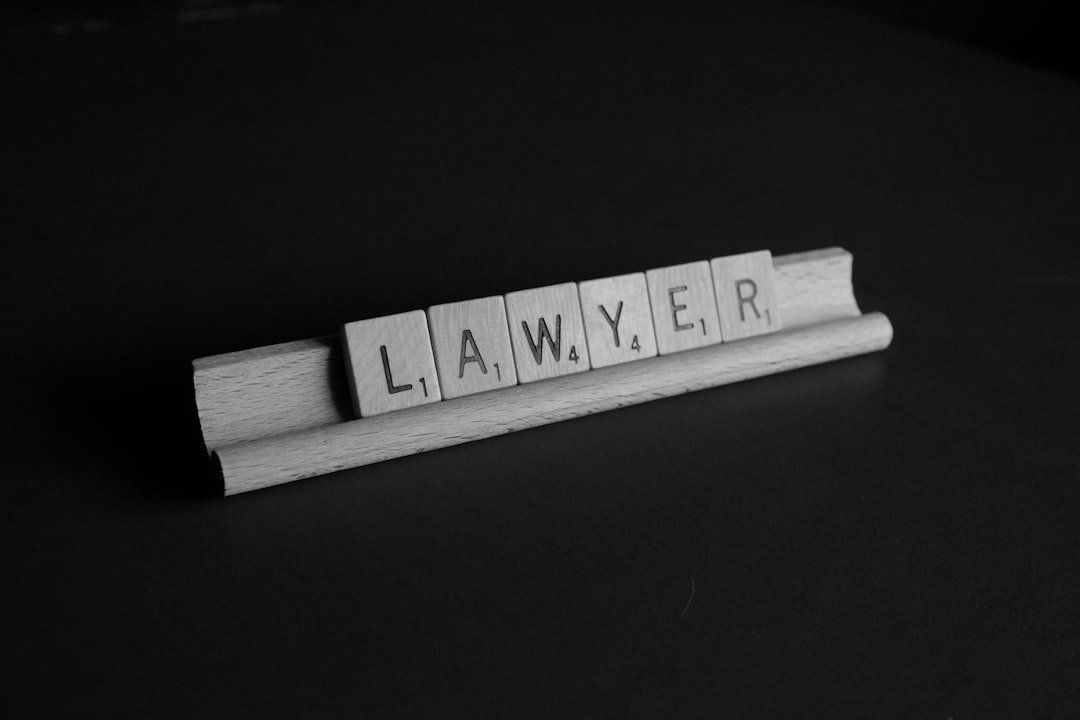Understanding Idaho's Debt Collector Laws is crucial for debtors and collectors, ensuring fair treatment and protecting consumer rights. The laws govern communication, disclosure, and collection methods, with debt collectors following a stringent process that begins with demand letters and potential court action. Debtors are protected by both federal (FDCPA) and state laws, which mandate clear communication from collectors and empower debtors to validate debts, review complaints, and respond within specified timeframes.
Navigating Idaho’s debt collection lawsuit process requires understanding both state laws and your rights. In this guide, we break down the intricate steps involved, from the initial contact by a debt collector to the potential outcome of a lawsuit.
Learn about Idaho’s regulations governing debt collectors and the legal procedures they must follow. Understand your rights as a debtor, including protections against harassment or unfair practices. By familiarizing yourself with these aspects, you can confidently navigate this process.
Understanding Idaho Debt Collection Laws

Understanding Idaho Debt Collection Laws is a crucial step for both debtors and collectors. In Idaho, debt collection practices are regulated by state laws aimed at protecting consumers’ rights. The Idaho Debt Collector Laws outline the legal framework within which debt collectors can operate, ensuring fair and ethical treatment of individuals owing debts. These laws cover various aspects, including the timing and content of communications, disclosure requirements, and permissible collection methods.
Debt collectors in Idaho must adhere to strict rules regarding the frequency and manner of contact with debtors. They are prohibited from using abusive, oppressive, or harassing tactics. Additionally, they must provide written validation of the debt, known as a “debt validation notice,” upon request, which includes details about the outstanding balance and the original creditor. Understanding these laws empowers consumers to know their rights and take appropriate action if they feel their debts are being collected unlawfully.
The Process of a Debt Collector Lawsuit in Idaho

In Idaho, when a debt collector seeks to recover a debt through legal action, they must adhere to a specific process outlined by state laws. The journey typically begins with the debt collector sending a demand letter to the debtor, detailing the outstanding balance and potential consequences of non-payment. If the debtor fails to resolve the debt within a reasonable timeframe, the collector can file a lawsuit in Idaho’s appropriate court. This legal action involves serving legal documents, including a summons and complaint, to the debtor, providing them with formal notice of the lawsuit.
Once the debtor is served, they have a set period to respond, typically by filing an answer with the court. During this phase, both parties gather evidence and prepare their cases. The debt collector must provide proof of the debt, such as contracts, payment records, or any relevant documentation. The debtor, in turn, can challenge the validity of the debt or assert defenses against the lawsuit. This process culminates in a trial or, in some cases, negotiations leading to a settlement, ultimately determining the outcome of the debt collector’s lawsuit in Idaho.
Rights and Protections for Debtors in Idaho Debt Collection Lawsuits

In Idaho, debtors have specific rights and protections when faced with a debt collection lawsuit. According to the Fair Debt Collection Practices Act (FDCPA), debt collectors must adhere to strict guidelines when communicating with individuals about their debts. This includes refraining from using abusive, threatening, or deceptive language and ensuring that all communications are clear and accurate. Debtors have the right to request validation of the debt, meaning they can demand proof from the collector that the debt is legitimate.
Additionally, Idaho law requires debt collectors to provide proper notice before taking certain actions, such as filing a lawsuit. They must inform debtors of their intent to file a legal action and the consequences if the debt remains unpaid. Debtors can also take steps to protect themselves by reviewing the complaint filed against them, understanding the allegations, and responding within the specified time frame. Knowledgeable debtors can navigate the Idaho debt collection lawsuit process more effectively with these protections in mind.






